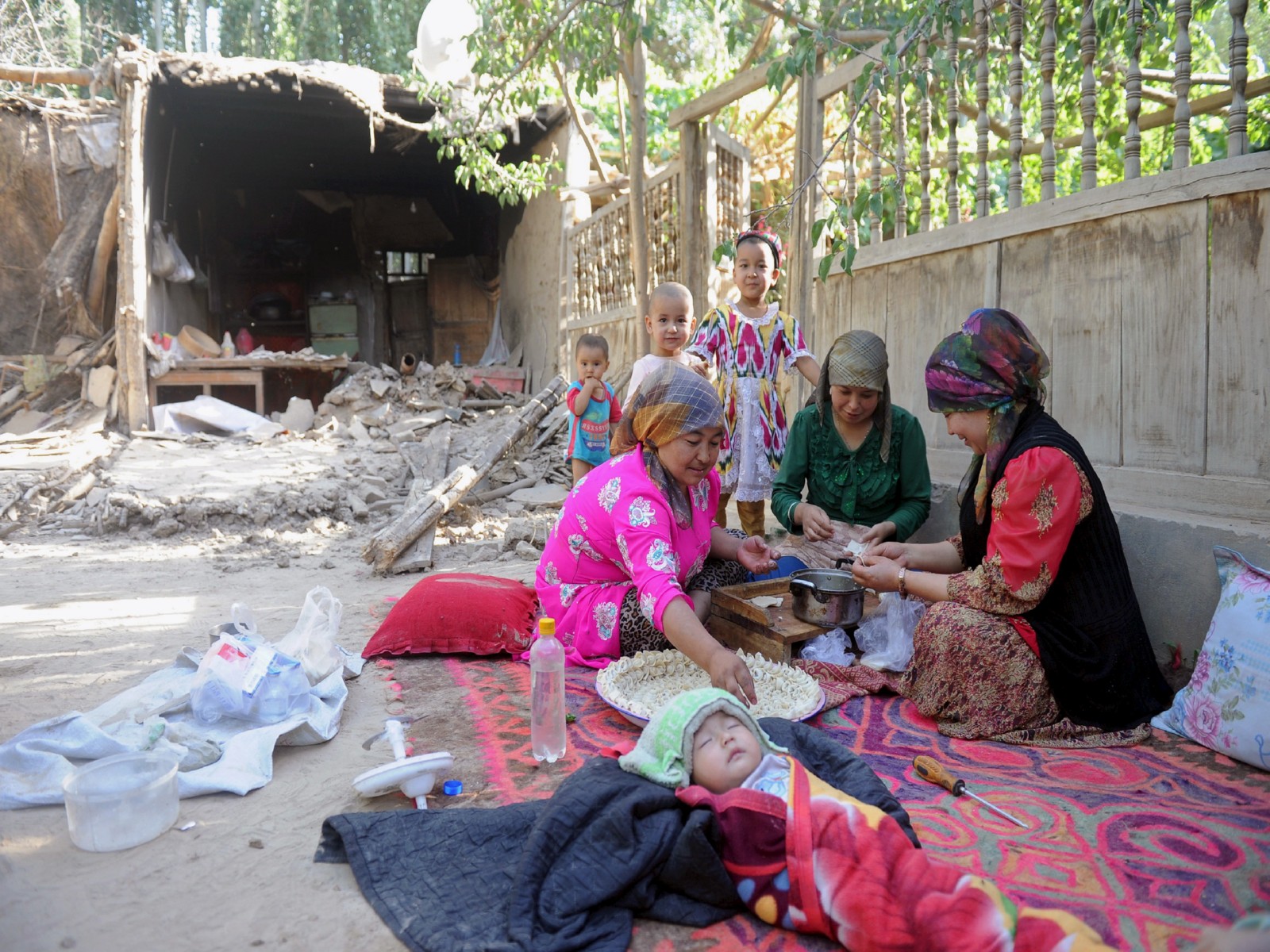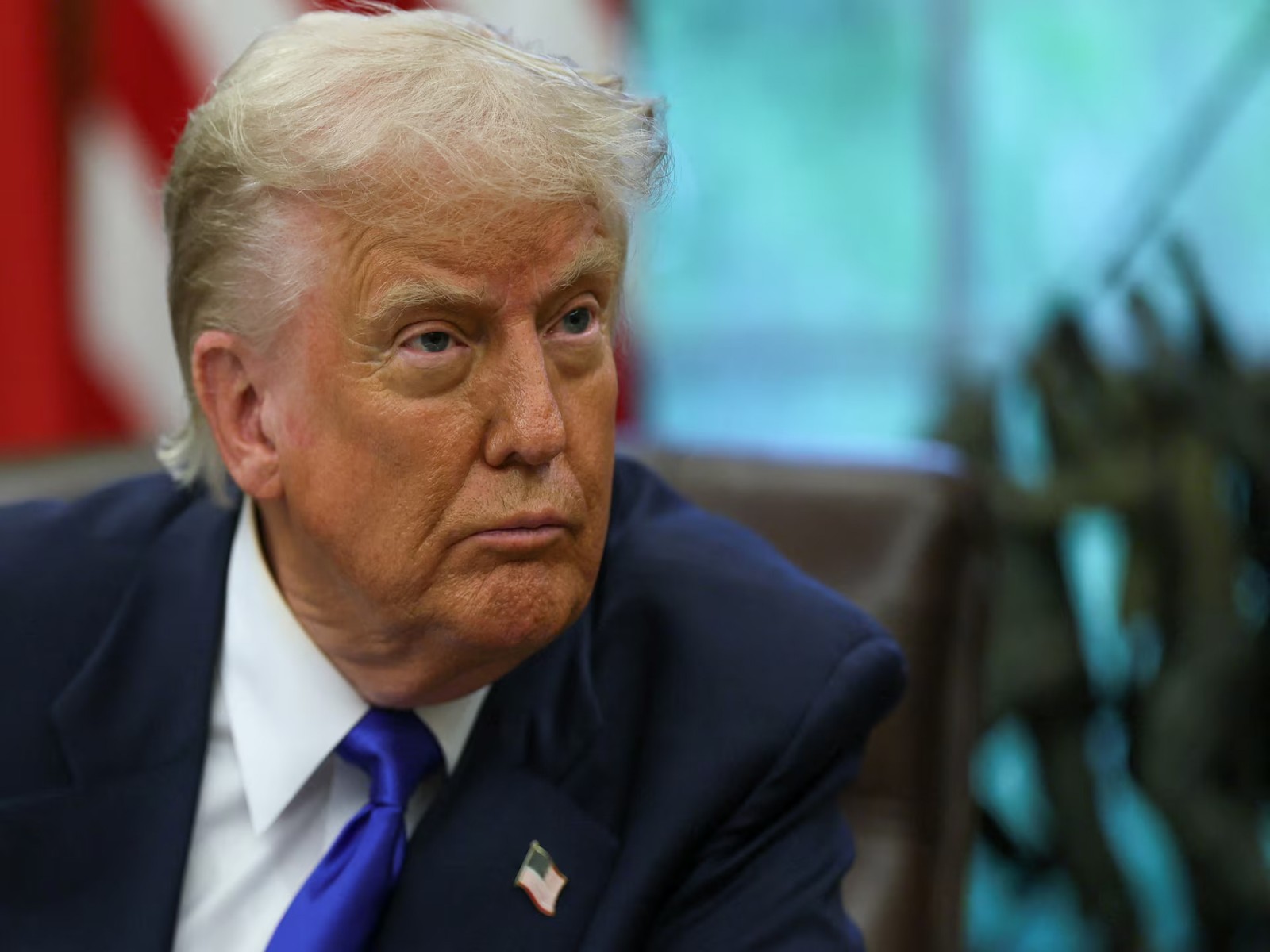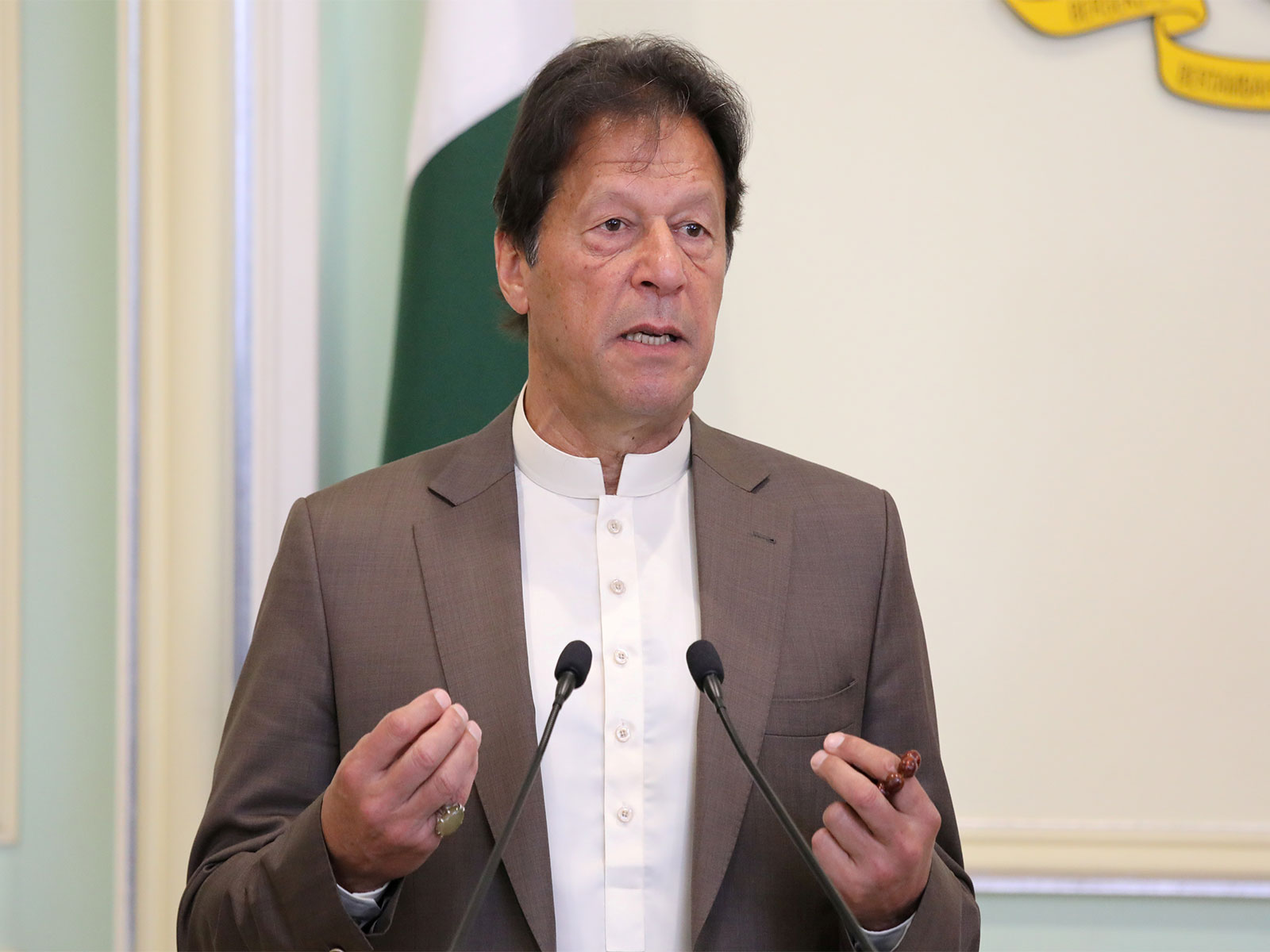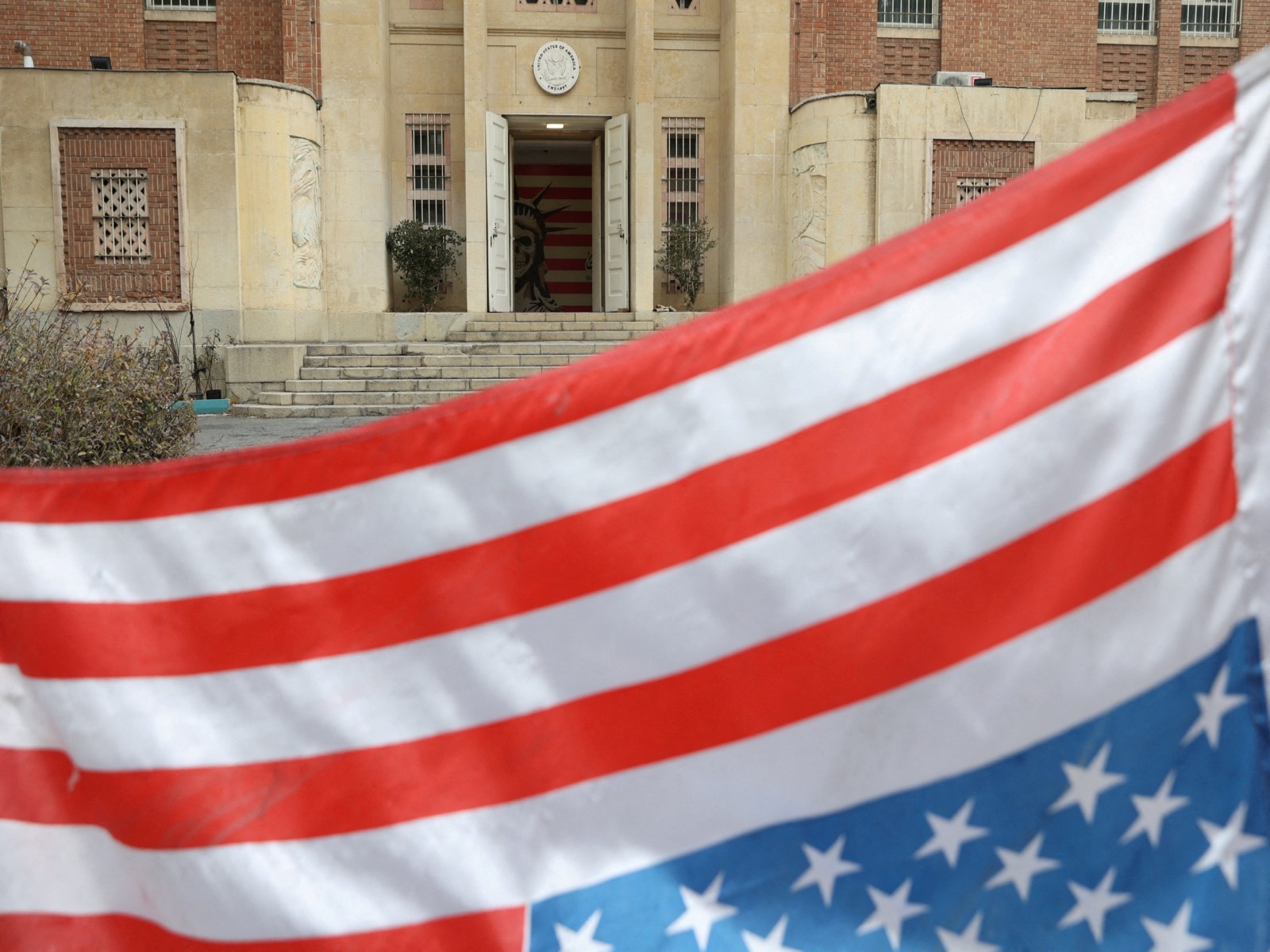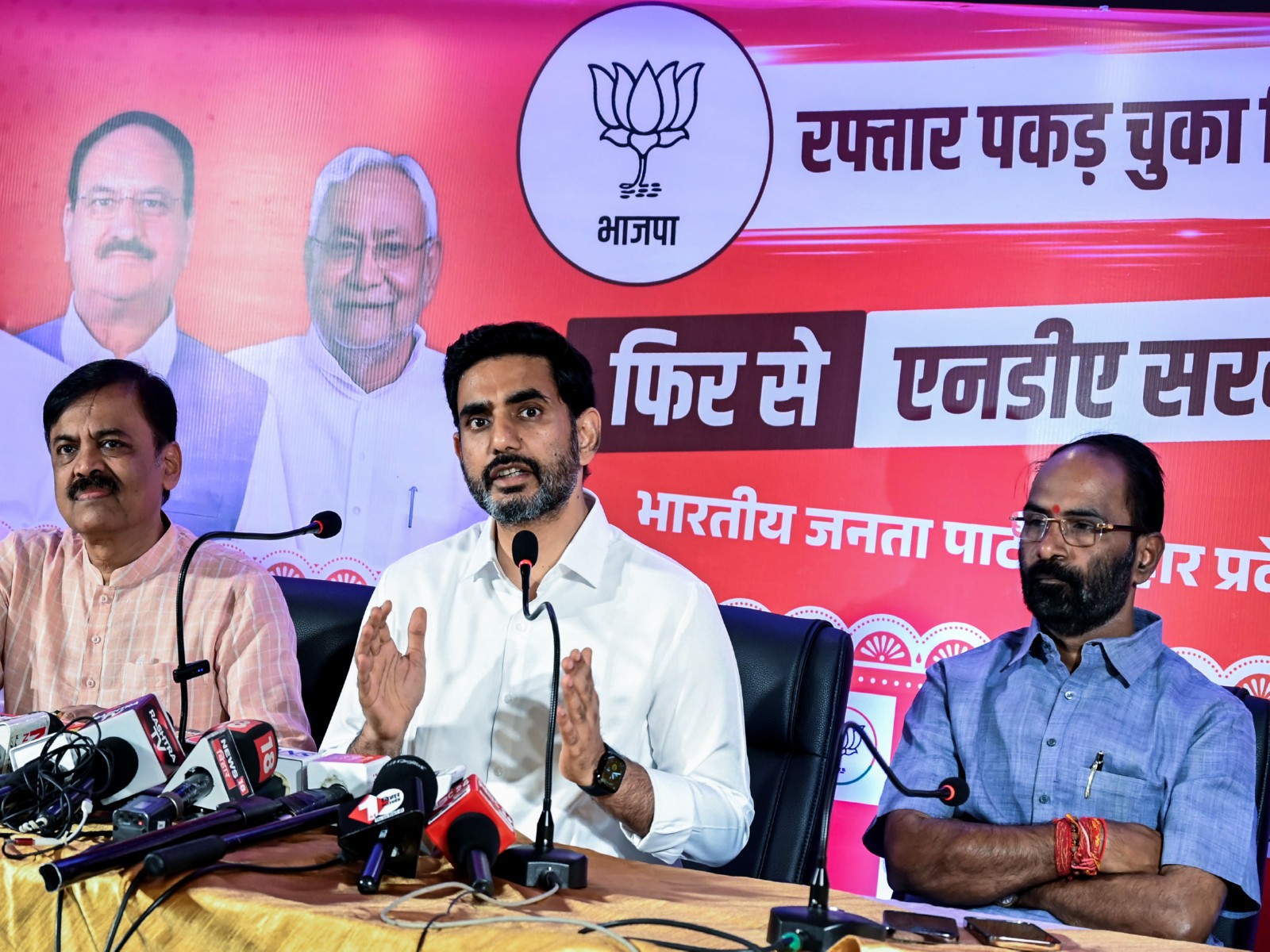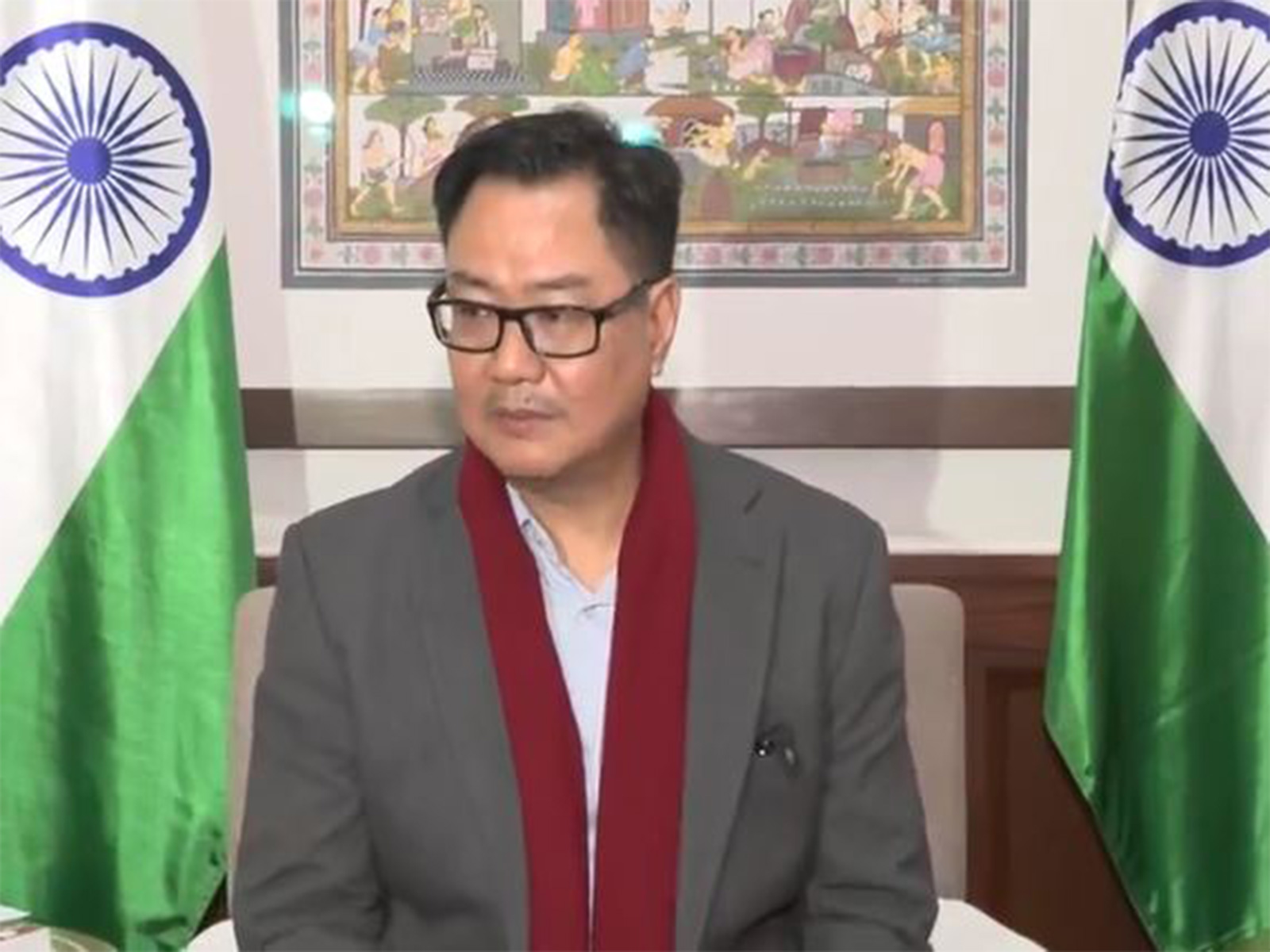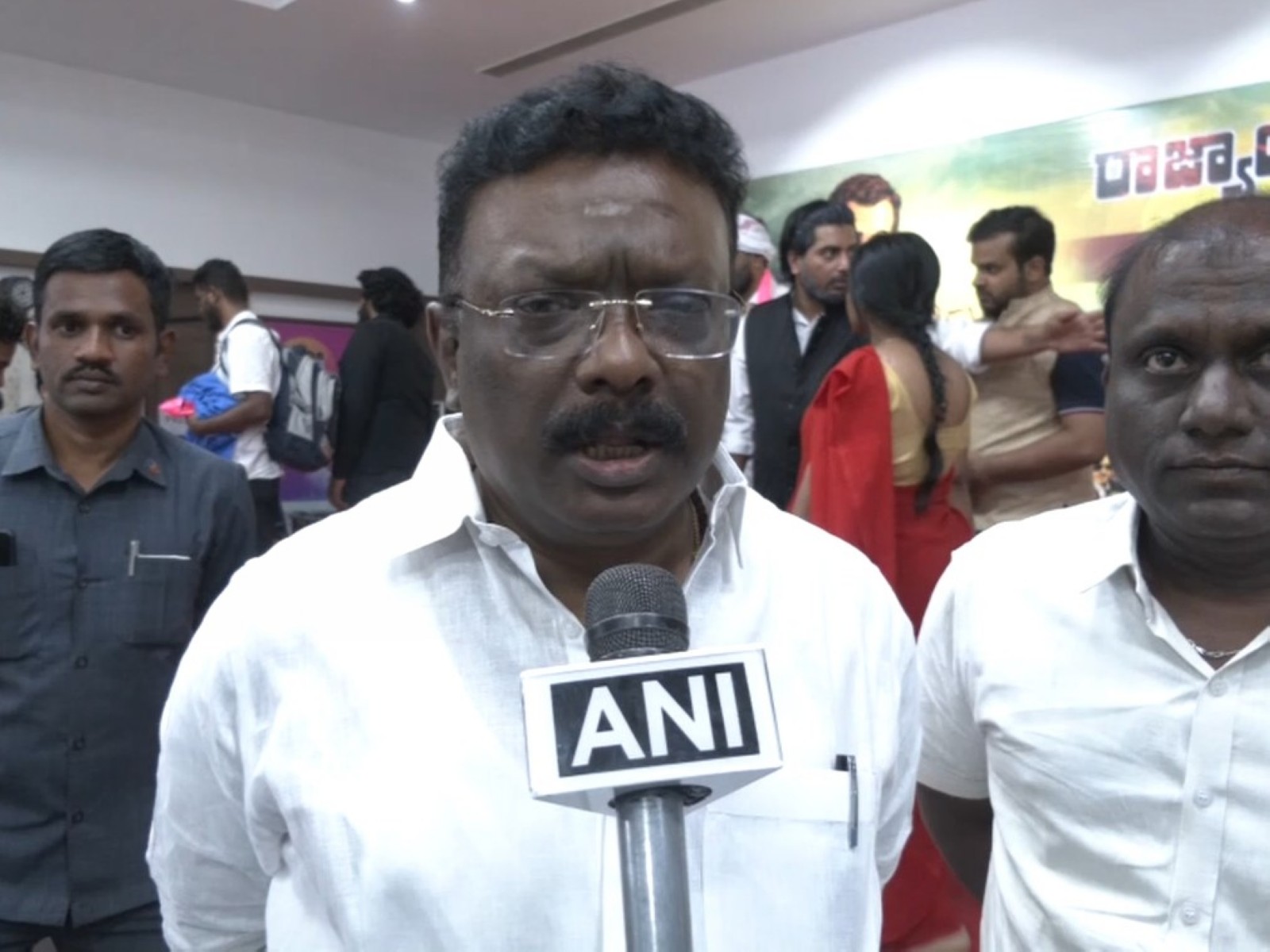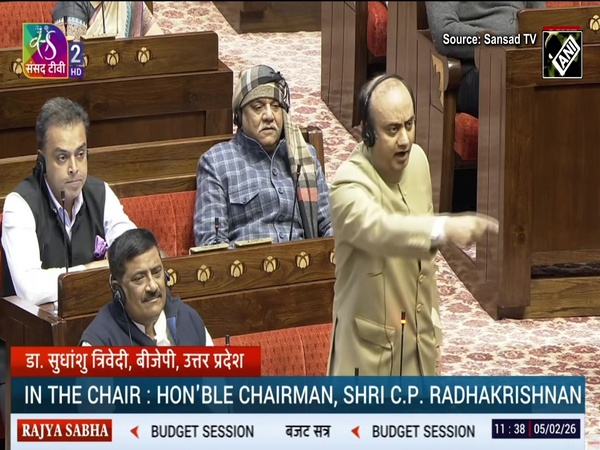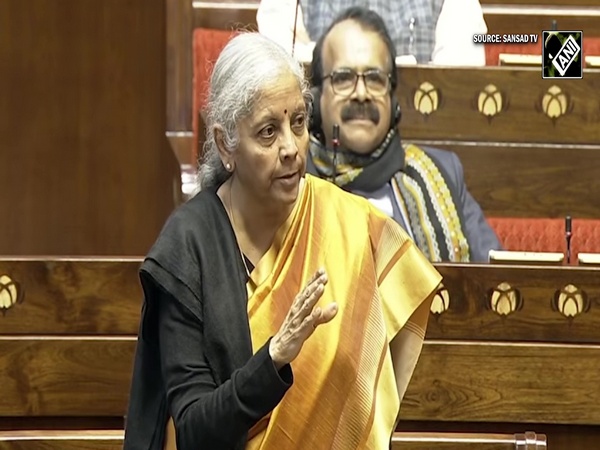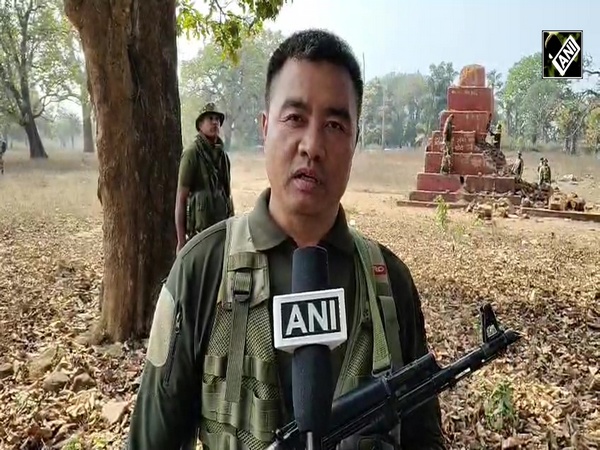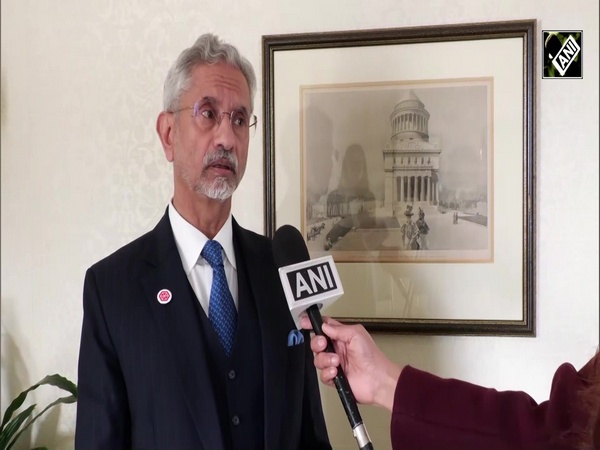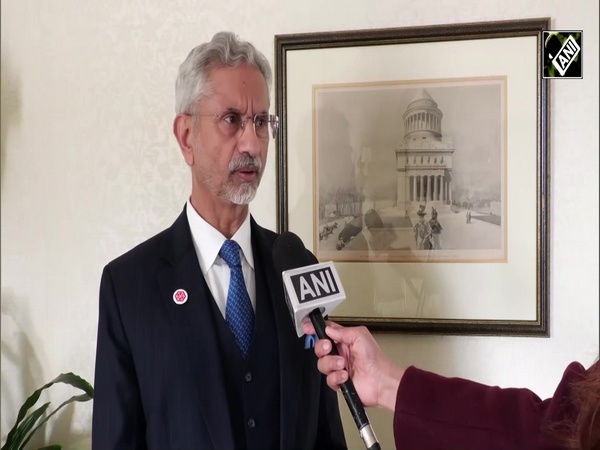Frustrated China now accuses Hong Kong activists of brainwashing young students fighting for democracy
Jun 15, 2020

Hong Kong, June 15 : As part of China's strategy to clamp down the year-long pro-democracy protests and impose the national security law in Hong Kong, Beijing has now accused the activists of brainwashing the young students.
Recently, Taiwan's local media quoted an article published by China's Hong Kong and Macao Affairs Office, wherein the spokesperson accused the Hong Kong's political party Demosisto and its members of manipulating young students into launching school strikes against the national security law.
The spokesperson also scoffed at the current educational climate in Hong Kong while claiming that the schools are deviating from "one country, two systems" principle.
Secretary-General of Demosisto, Joshua Wong, was quoted as saying that the increasing demonisation of Hongkongers stemming from the Chinese authorities is being done to please the Standing Committee of the National People's Congress, set to convene on June 18.
Chairman of the Civic Party, Alan Leong, who has been accused of encouraging the "violent demonstrations" in the article, has said that the Chinese Communist Party (CCP) wants to find a scapegoat for the turbulence in Hong Kong.
"It blames the education system, foreign interference, and Hong Kong independence, but it will never blame itself," he added.
The controversial legislation has sparked fears about the autonomy of Hong Kong with many saying the move will undermine the "one country, two systems" principle.
The South China Morning Post reported last week that three volunteers have been arrested for carrying out class boycotts in tandem with general strikes over it.
The vote which was earlier planned on Sunday has been postponed until June 20. It is being co-organised by the Hong Kong Secondary School Action Platform, Demosisto and more than 20 labour unions linked to the anti-government movement.
A spokesperson for Hong Kong Secondary School Action Platform said that organisers would not be afraid and hold together.
The three volunteers of the platform were setting up booths to promote the referendum when the police arrested them on Friday night, according to Isaac Cheng Ka-long. He said that one female volunteer was injured in the operation.
China has faced criticism over the national security law which is being dubbed in conflict with the Sino-British joint declaration.
The agreement on the question of Hong Kong was signed in Beijing on December 19, 1984, by the Prime Ministers of China and Britain, Zhao Ziyang and Margaret Thatcher. The two governments agreed that China would reassume control of Hong Kong from July 1, 1997.
The main body of the treaty has eight articles and three annexes and it states that China's basic policies regarding Hong Kong "will remain unchanged for 50 years", including the promise that the city would retain a high degree of autonomy.
